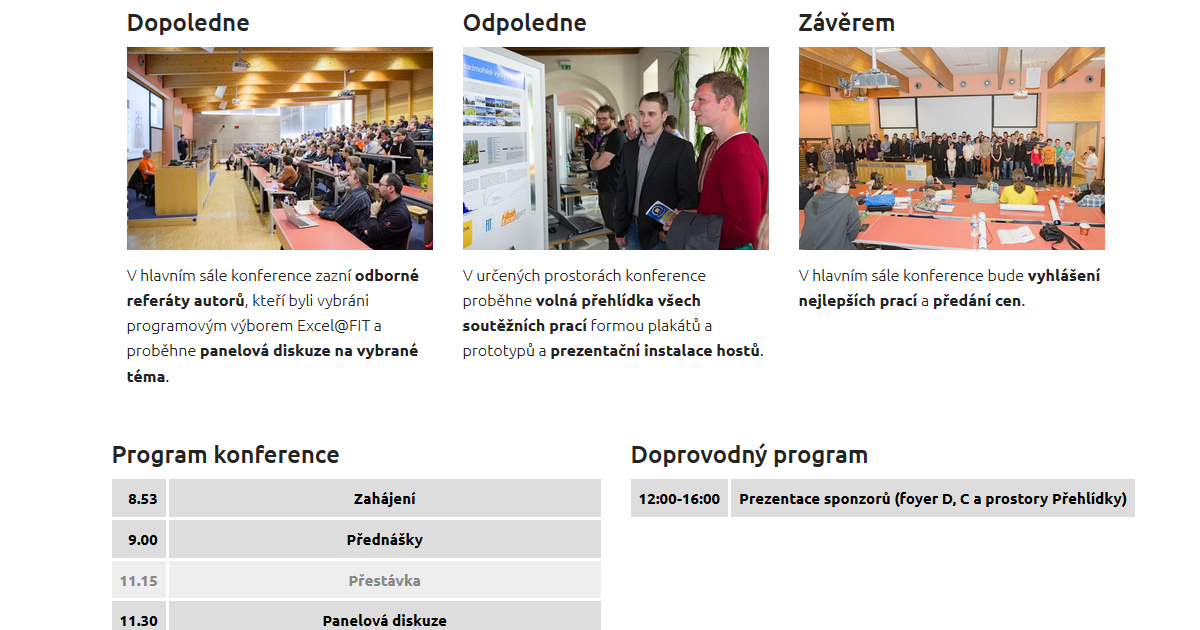David Mikšaník
regular expressions, language inclusion, finite automata, counting automata
Testování, analýza a verifikace
We present an algorithm solving the inclusion problem for regular expressions with the counting operator limited to character classes, the so-called extended regular expressions (eREs), which are common in practice. Such regular expressions do not extend expressiveness beyond regularity, but allow one to succinctly express repeated patterns. Our algorithm is based on the transformation eREs into monadic counting automata (MCAs), i.e., finite automata with counting loops on character class where each counter is bounded. Similarly to the classical algorithm, we transform eREs into automata, but now we use MCAs instead of nondeterministic finite automata (NFAs). Following by building the product of MCAs and searching for a final state in the product. MCAs are compact representation of eREs because the number of states in MCAs does not depend on the bounds used in the counting operator, in contrast to NFAs where the number of states grows linearly. These bounds can be large in practice, thus MCAs are often significantly smaller than NFAs. We provide several examples for which the classical algorithm working with NFAs does not terminate in a reasonable amount of time, but our algorithm does. We also hope that our algorithm outperforms the classical algorithm in general, especially if the bounds of the counting operators are large.




